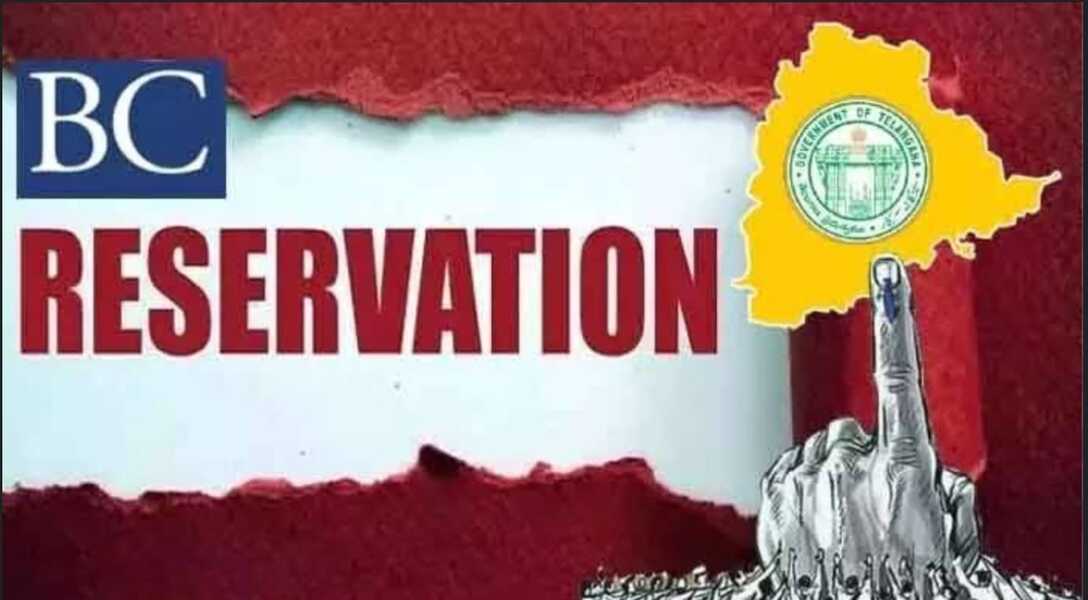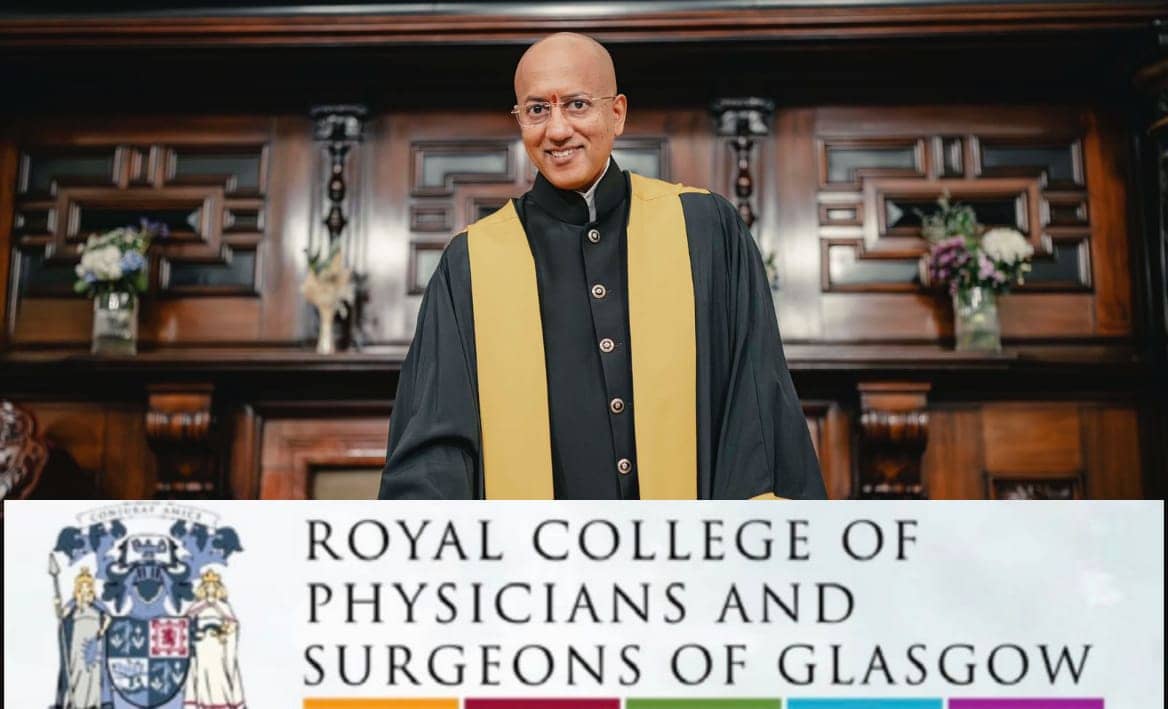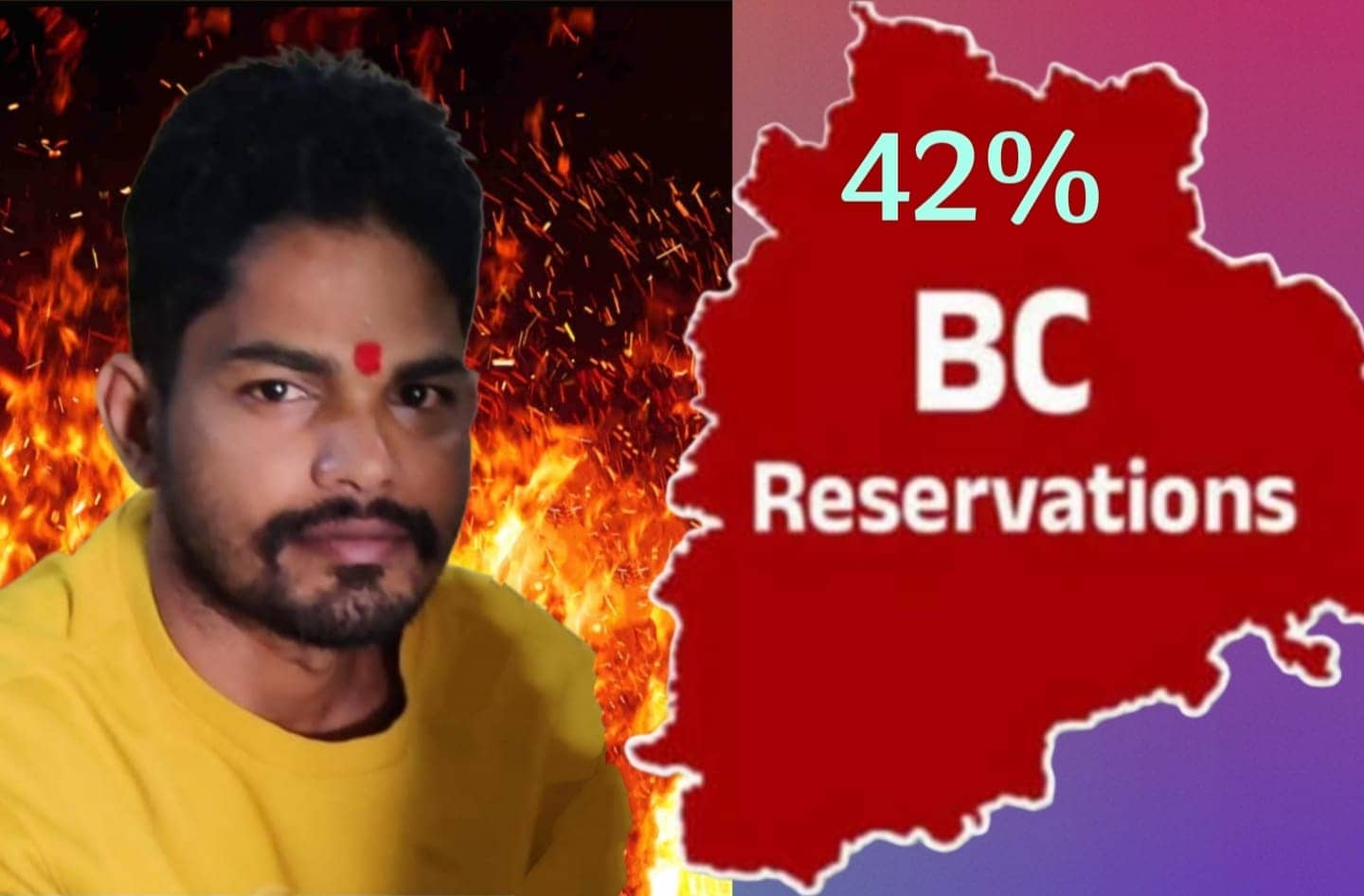Article Today, Hyderabad:
The Telangana government on Friday issued orders providing 42 per cent reservations for Backward Classes (BCs) in local body elections. The directive, released by BC Welfare Department Secretary Jyothi Buddha Prakash, described the decision as a constitutional measure to ensure social justice.
Concerns Over Legal Validity
The move has triggered debate over its legal sustainability. The order may face challenges since the Supreme Court has set a 50 per cent ceiling on total reservations. Moreover, no prior approval has been obtained from the Centre. Past attempts by other States to exceed the cap have not withstood judicial scrutiny. As a result, questions remain on whether Telangana’s decision will pass the test of law.
Basis in Commission’s Report
To strengthen its stand, the State had earlier constituted a dedicated BC Commission under retired IAS officer B. Venkateshwara Rao. The panel conducted field studies and examined the findings of the State’s caste-based socio-economic survey. According to the Commission’s report, BCs constitute 56.33 per cent of the State’s population. Based on this assessment, it recommended 42 per cent political reservation for BCs in its reports submitted in March and August. The government has relied on these findings to justify its order. The notification cites Articles 243E(6) and 243T(6) of the Constitution, which empower States to reserve seats in panchayats and municipalities for Backward Classes.
Minister Appeals for Support
BC Welfare Minister Ponnam Prabhakar urged the public to support the measure and discourage litigation. “Do not take away what rightfully belongs to us,” he appealed, adding that Telangana is not seeking to appropriate anyone else’s share. He pointed out that similar models of reservation exist in States like Tamil Nadu and expressed confidence that Telangana’s order also qualifies under constitutional provisions.
Awaiting Judicial Test
Despite these preparations, the government remains cautious. Officials acknowledge that the ultimate test of the policy will lie in its judicial scrutiny. The future of the proposed 42 per cent quota in local body elections will depend on whether the courts uphold the order against possible legal challenges.



